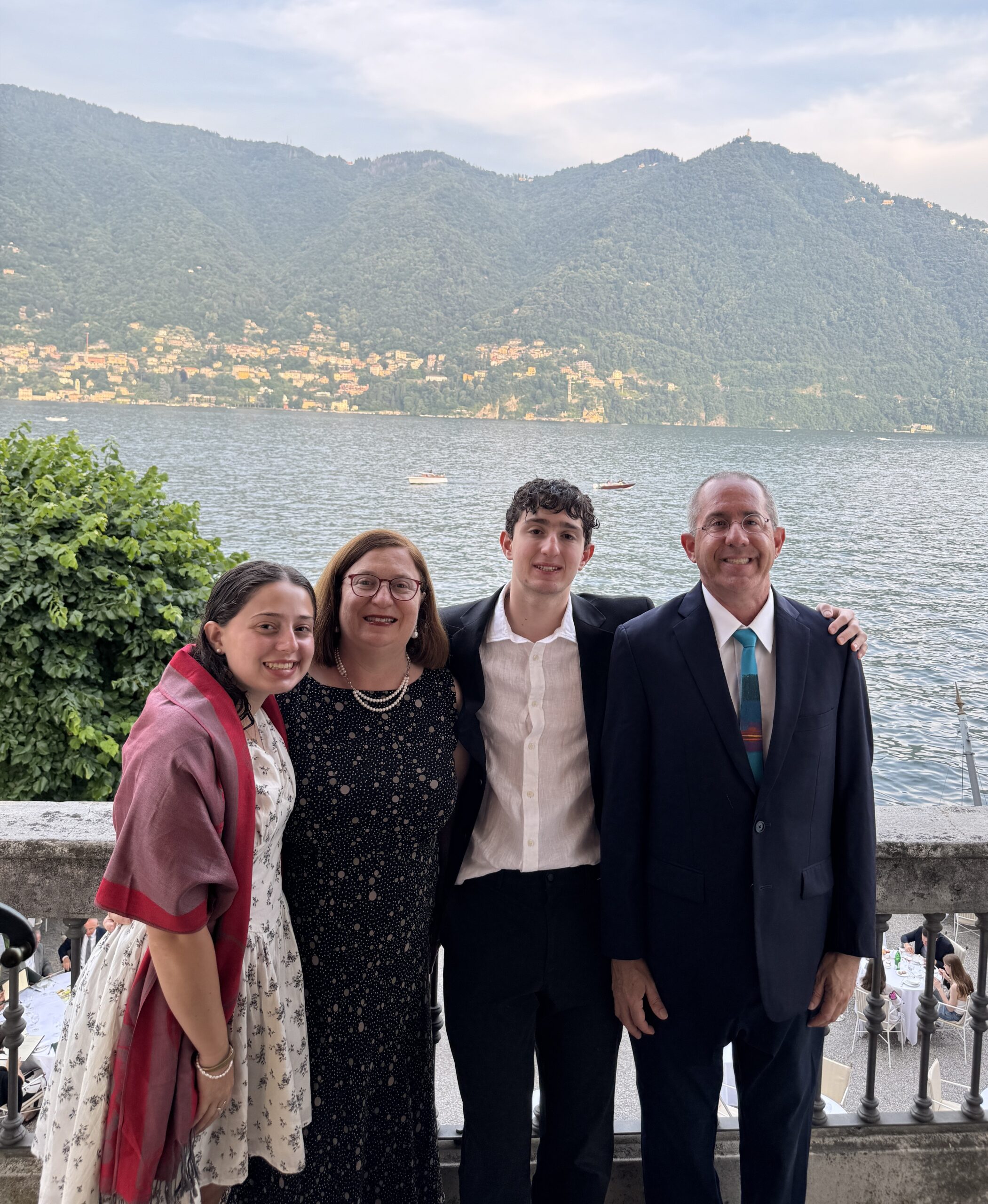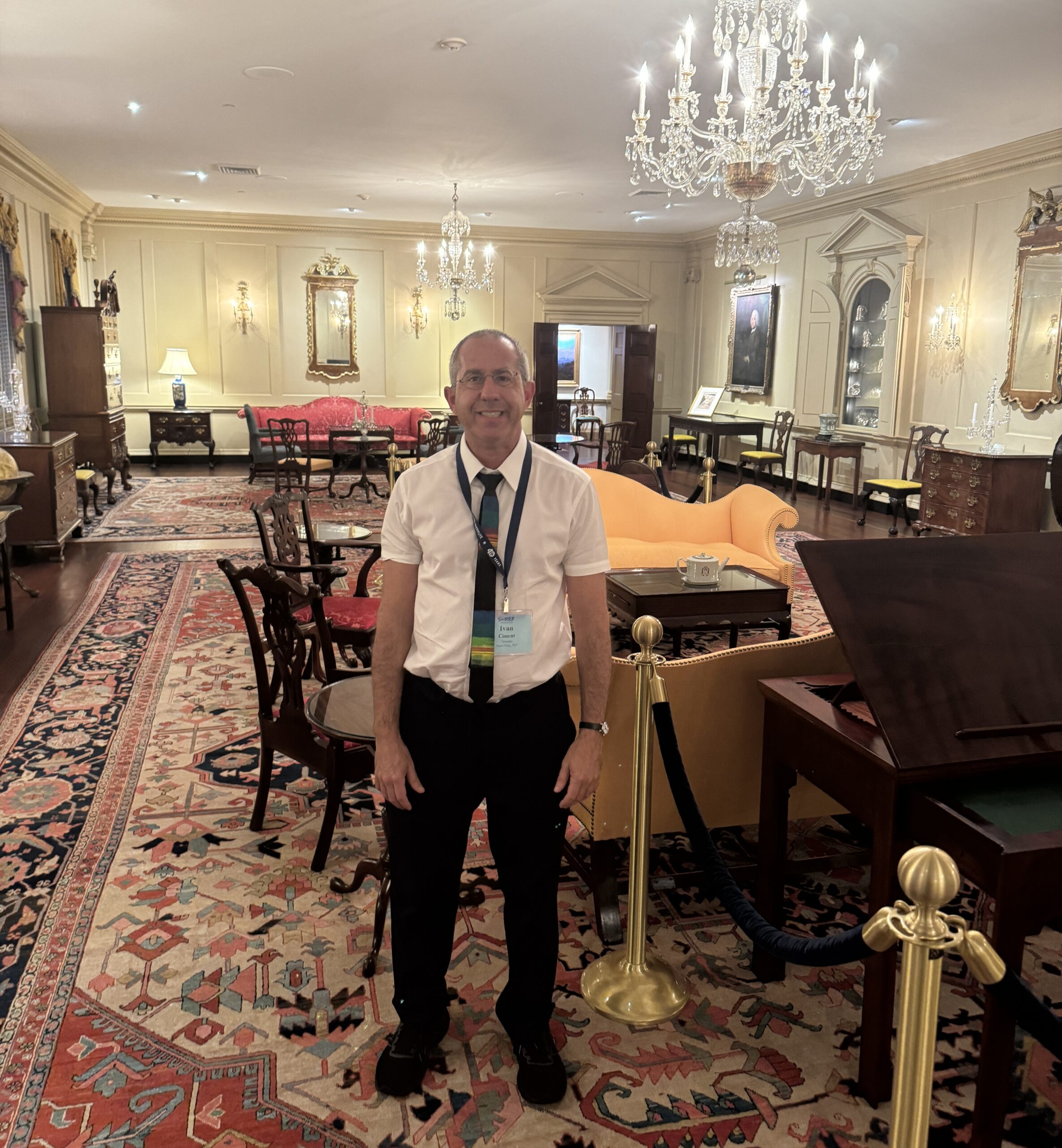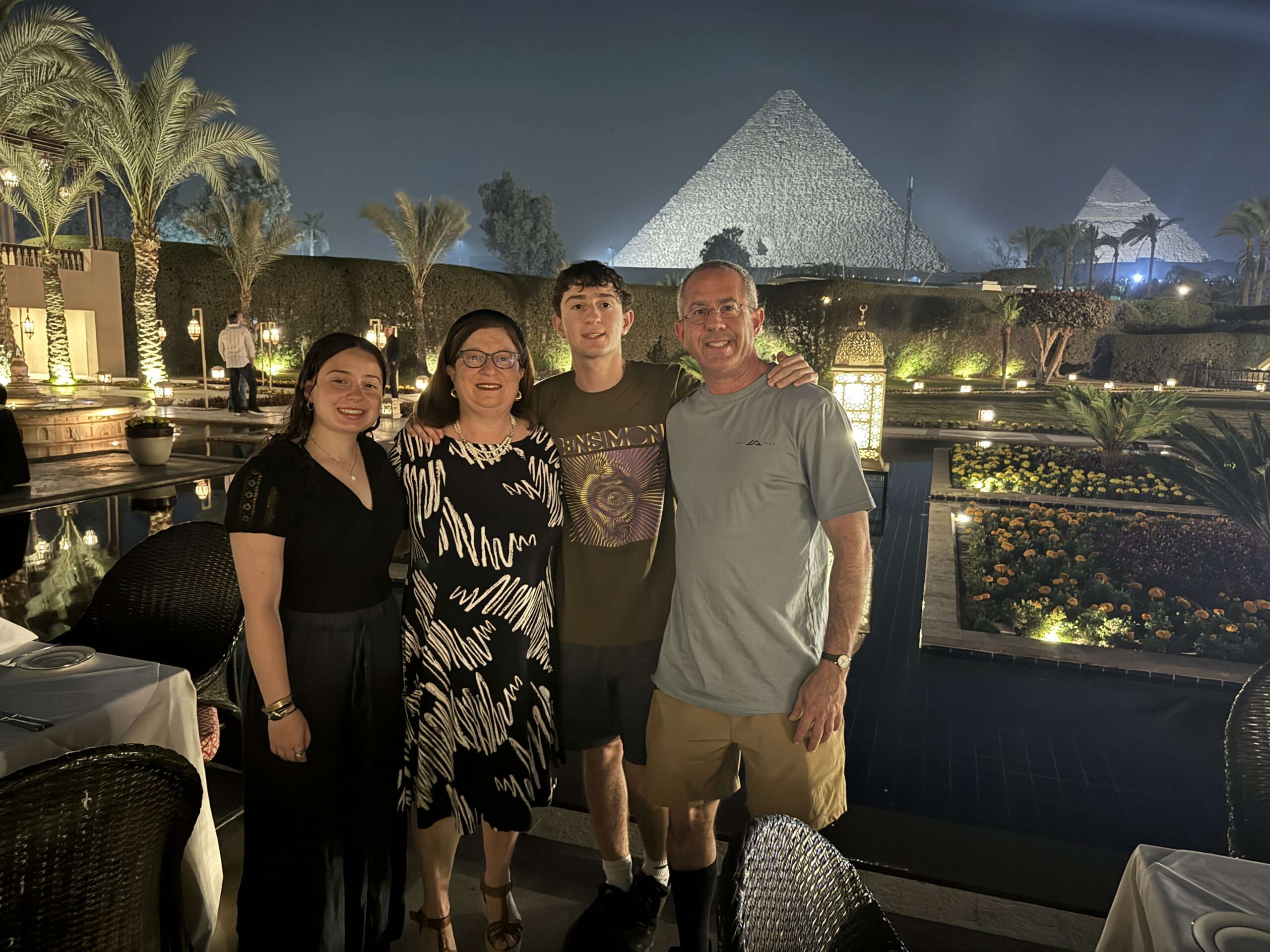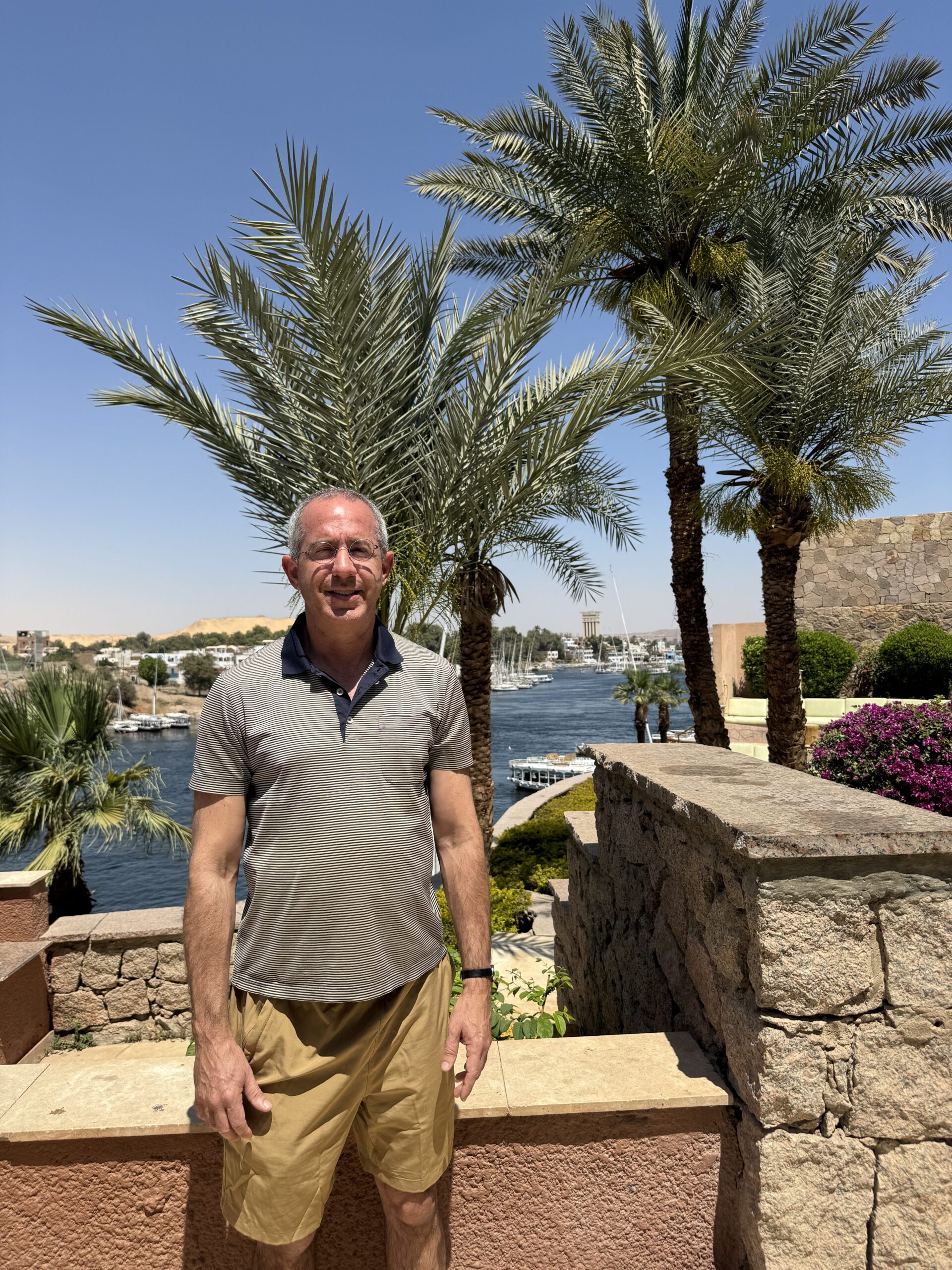This report seems at first blush to be about a parochial subject but it ain’t. If you want to know where the future funding and emotional priorities of independent Jewish philanthropy lie for the next generation, this conference gives you the guidepost. It is significant intelligence regarding the motivations of the elites of the American Jewish community for the next generation. The conference was organized by the Jewish Funders Network, a New York City based service organization that provides information-sharing, networking and support services to Jewish foundations.
Jewish philanthropy has always been a significant force in philanthropy and the center of gravity is moving away from communal foundation-oriented giving toward family and personal foundations. Young people in particular want a bigger say over their money and want things to move faster. They are applying venture capital models toward philanthropy and see themselves as venture capitalists putting seed money into philanthropic start-up projects or investments. Federations are starting to copy these models and sent quite a few representatives to this conference to see what’s going on, but it’s not clear that the power structures mean what they say to younger people when they say they want new ideas and to share power.
For the younger set, the conference covered Foundation 101 issues (ie: management) and dealt with intergenerational conflict issues faced by families in family foundations. There were many workshops on various subjects over a 3 day period, of course, but I am skewing my coverage toward issues that help discern trends as they involve the future generation. The keynote was on the line between “jewish” and non-jewish with regard to philanthropy –ie: is Saving the Whales a Jewish project just because some Jews are involved in the organization? The debate was good on both sides and there were no clear “answers.” The top speakers on the subject were Saperstein, a leader of the Reform movement and Wertheimer, the provost of the leading Conservative theological seminary whose opinion was virtually Orthodox.
The participants as a whole were highly intelligent; I haven’t met so many Jewish females who spoke in complete paragraphs (sorry for the patronizing comment but it’s true for me at least); and there was a concerted attempt to create a “safe place” for people to talk about what they thought without having to turn every comment into an argument. Clearly, people are passionate about what they think and no minds are going to be changed in Phoenix. The point was that at least here people knew what they were talking about; not necessarily so with your average Joe at an AIPAC convention (pro-Israel American lobby group).
The population of the conference tended to be liberal, although that reflects the Jewish community as a whole. Israel does not appear high on the list of priorities or a source of passionate involvement; it gets lip service and a percentage of funding as something people ought to care about but the two main trends regarding Israel are on exporting American environmental policies and democratic/pluralistic values to a country seen as increasingly intolerant and environmentally challenged. There was absolutely no discussion about the peace process and Israeli domestic affairs is not on anyone’s minds. There is some effort toward exporting the concept of foundations to Israel; some Anglos living in Israel attended.
Jewish continuity and education gets lip service but day schools are seen as one of several options (more so than 10 years ago I’m told when it was off the table altogether among the non-Orthodox) and hardly anyone sees it as a necessity — a problem in a marketdriven economy where people buy things they “need” rather than “want.” Clearly, this issue will remain low on the list of priorities of most of these people and priorities are split; only the ones dedicated to this issue will pursue it even though a good amount of conference time was devoted to the subject (it was clear from the working sessions that nothing concrete could be expected to come out of them). There is disagreement on what kind of education people should receive and what kind of Judaism to teach. A good many Jewish organizations which support day schools in principle oppose federal tax vouchers which is key to funding these schools. The keynote panel on Education gave equal time to funding day schools and public schools. Some are trying to rethink the whole idea of Jewish education and synagogues to see how they can be made more relevant to a new generation. Many of the participants remember with dread their day school experiences and that matters. However, people are aware that they face a problem — Jewish funding will be around in 30 years but no Jewish community as they know it may exist. The synagogues, day schools and Jewish community centers need to be renovated, staffed and maintained. The search for trained personnel and new programs amid lay people with their politics and emotions will take years and many mistakes will take place along the way. Look on the grant lists and you will see the money isn’t going there, except in a few cases. Funding seeks low-risk investments, meaning the funder has to feel good about it and doesn’t want harm to its public image. The day school minefield strikes out on both fields.
There were quite a few Orthodox people and the food was kosher, not true several years ago. Many more under 40’s than I expected. The organization is going out of its way to attract them and the dot.com industry is pushing more young people with money to think about how to give it away. There were also quite a few non-Jewish people (ie: staff members) and it is clear that much foundation money goes toward arts, culture, gay/lesbian support, environment, urban development, public schools and community centers that one would not think as Jewish, hence the keynote subject of the conference. Consider however a fund to seed Jewish films, and indeed there was a film festival one evening showcasing documentary films by young people about Jewish subjects (ie: Hank Goldberg the baseball player, visit by Holocaust survivor and his family to Poland, and Women Prayer Group at the Western Wall). This is another “risky” area seeking funding; younger funders are more receptive to funding risky ventures and the younger ones are those making most of these films.
I spoke to several young people and asked them what their chief passions were (“What is your favorite project and your favorite project that doesn’t yet exist?”). Some said they didn’t know, some said they couldn’t decide among so many choices before them, some were afraid to answer because they feel it is a sensitive topic (as they are staff employees). Among those that answered: migrant workers, organized labor, innercity housing, environment, making the not-for-profit sector more efficient. One person was organizing a “Yahoo” (internet search engine) for the Jewish community. One person organized Dress For Success, a charity that gives indigent women dresses for job interviews. One mentioned a project to do kind acts in Russia. One is organizing a cross-country bike ride this summer to stimulate environmental awareness in a Jewish context. One Anglo-Israeli is organizing religious zionist adult learning institutions in America, but that was atypical. There were several people organizing incubators for young people with ideas to provide office facilities and seed money. Several representatives from some of the large foundations (ie: Bronfman, Steinhardt, Cummings) and new-wave organizations that see themselves as foundations (ie: New Israel Fund) attended. There is a tendency among participating foundations to collaborate on projects since several funders are more powerful than one alone. They share information, have some of the same people as directors, and tend to like and not like the same things and people.
I found that among most of the younger people at the conference, they are dealing with Other Peoples Money; very few people said they contribute their own money and decide how it is spent (which also explains why it is still a struggle among the young to be taken seriously — after all, most of these initiatives geared toward young people are cost-centers for community centers and federations rather than revenue-centers). Of course there were many Young at Hearts and people from the older generation; they are important and at present the predominant decision-makers but this article is skewed toward the younger set because my interest is in projecting trends, not the present. The point is that 10 years ago the Federations could ignore these people knowing that sooner or later they would join up; now, these people may get caught up in their own foundations with their newly-minted wealth and forever stay away from federations. Federations know this, are suffering already and they are scared.
This was JFN’s 10th anniversary annual conference. Almost 300 attended; it is a growing organization. The conference was done first class at the Ritz Carlton at a time of perfect weather in Phoenix; too bad most people never left the hotel to enjoy it. I took a car and driver for 90 minutes and you can see downtown and Scottsdale (Old Scottsdale shopping area, Biltmore Estates and Hotel, and Phoenician Hotel) and then a 15 minute drive to airport from the Ritz.
Conclusions: This is a happening area with a good core group of highly motivated intelligent young people taking their proper places as funders for the next generation with their elders’ and increasingly their own money to stand behind them. Foundations are adopting business models and technology to make them more efficient, grantee-friendly and to better evaluate what is funded and share information among grantors. The grantor community is incestuous. Israel is not an emotional pull and is not on the minds of most people except those that particularly think it is important. I didn’t run into one young person who was particularly interested in talking to me about Israel or about any project involving Israel. Only one young person said to me that he was excited about issues concerning Jewish continuity in America and he is a European who just recently began living here (but did some university here). Jewish continuity is an important concept but religion is not and education is hard to rally around because the definition of education is amorphous (ie: day school, after school, sunday school, adult education) and the philosophies of funders varies (ie: some people think public school is best). There are some but not many funders focused on creating infrastructure for Jewish continuity or prioritizing Jewish content because there are ideological differences as to what is “important” “Jewish” and whether religion has any role to play in the equation, and even those funders focused on Jewish infrastructure are often sidestepping religion because of the split in that area. That doesn’t mean people are not “spiritual” — I heard the word “holistic” more in these 3 days than I have ever heard in the past 10 years. The danger is that people may think they are acting Jewishly while they support holistic centers in Israel, Palestinian not-for-profit sector development projects and the gay men’s chorus, but meanwhile it is more sexy and “productive” (ie: in social, business and egotistical terms) to engage in the local opera than the local yeshiva and no one knows at this rate whether or not the next generation of funders will even think of Judaism when they come on the scene. The symphony is the classic low-risk funding investment. The staff member making the decision may not even be Jewish.
Someone at a session said, if you want to advertise to the young Jewish community, don’t even bother putting an ad in the Jewish media because no one in the younger community is reading it. There were real questions raised as to whether or not people going on the Birthright Fund visits (free trips for teenagers) to Israel or the Makor coffee house in New York City were coming away from the experiences with any Jewish content added and it was mentioned how ignorant people on those trips are in terms of their Jewishness. After they leave, is there any followup? The foundations funding the programs insist that there is but admit they won’t know for 20 years if they made a difference. On the other hand, throw too much controversial content (ie: religion) at someone who is not interested and that person may figure never to walk in the door of Makor or go on the Birthright trip in the first place; it is a catch-22 that no one has figured out how to solve. In my opinion, the challenge is that funders are out there trying to change the world, light a “spark”of Jewish-lite coolness (meaning the feeling of “jewish” without religious or controversial content) underneath young Jews and put their ideology onto an Israel they feel less “friendly” or relevant to them personally, but not enough focused on creating infrastructure within America for individual Jews to feel part of a larger community of Jews so that they will participate in Jewish activities. The mistake being made is to assume that Jewish content by its nature is a turn-off; the problem is not in the content but the marketing and packaging and the fact that many of the leaders who do and will lead don’t really believe in the product. Most of those funding, after all, don’t really like the Jewish World or Israel as it presently exists, don’t demand for their families personally what they say ought to exist generally, and infrastructural change doesn’t promise the instant gratification or the aversion to risk that attract none but the most passionate of funders.
I have a built-in bias; I am Orthodox and think that Jewish education and Israel are priorities. These points, by the way, are an attempt on my part to be analytical — not judgmental — and I think they are fair comment, although I confess that it is tempting but wrong to broadbrush the attitudes of the entire conference and I have been thinking about this a few days hoping that the above is correct. There were people at the conference who were hawkish about Israeli security and who are totally dedicated to day school education reform. However, they are not among the younger people I met who were not professional staff. I didn’t meet everyone either but a good number of them to get enough of a sample. I wouldn’t want to leave an impression that I was negative about the conference or the people attending it. Actually, I hope I made a good number of friends. However, if I were interested in day schools, day to day infrastructure in America, or Jewish involvement in Israel, I would walk away with some concern about future trends among the next generation of funders. True, the activist community is a different sector but many activists are fed by funders.





